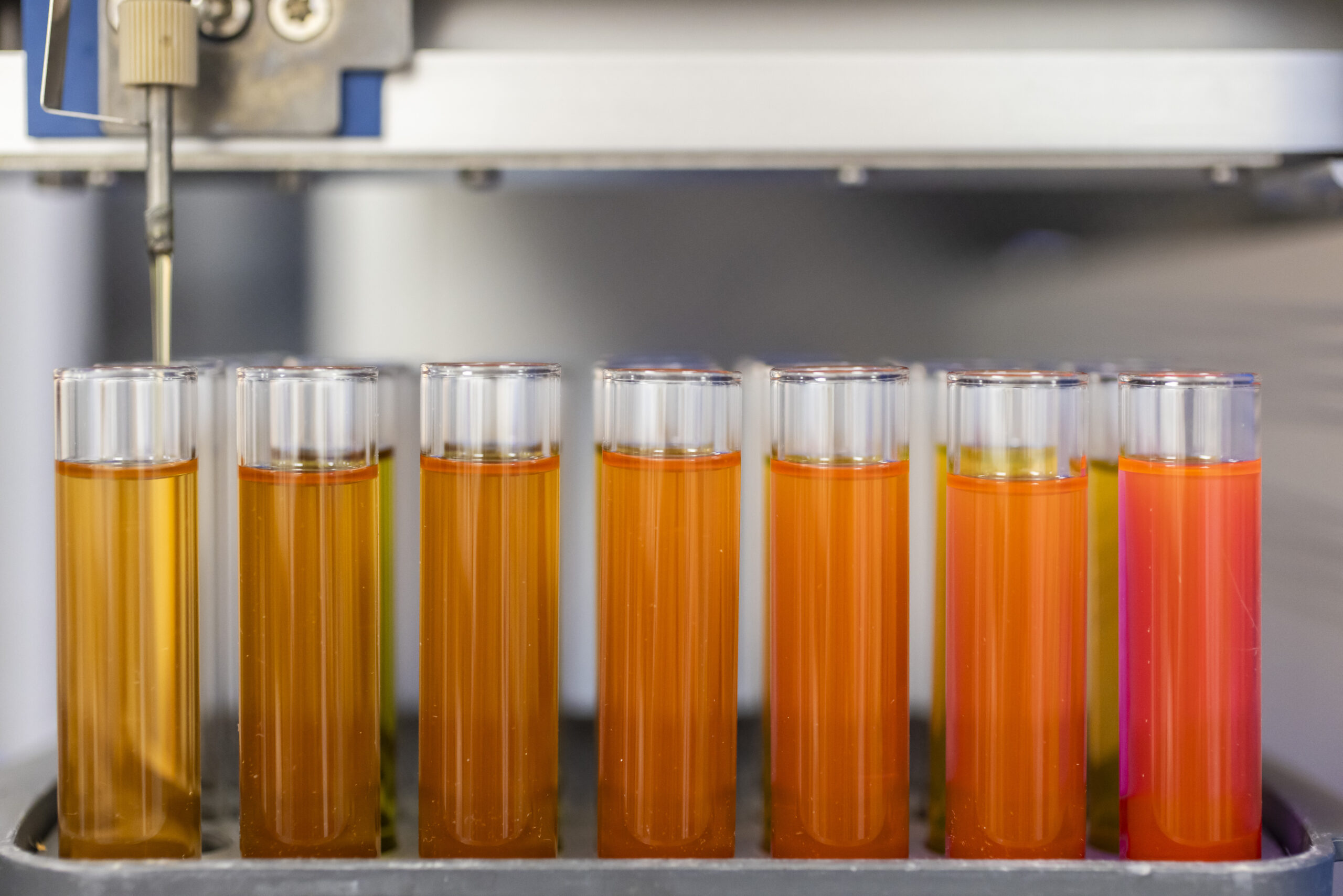In November 2014, MRC Technology and charity partners launched a consortium to uncover promising drugs in pharma libraries that could be developed to treat brain diseases. In today’s post, Mike Johnson, Divisional Director, Corporate Partnerships, MRC Technology, discusses sharing the risk of development and breathing a new lease of life into stalled drugs as part of the Neurodegeneration Medicines Acceleration Programme (Neurodegeneration MAP).
The population is ageing. Brain diseases such as dementia, motor neurone disease and Parkinson’s often affect older people, and deteriorating nerve cells could lead to cell death. Around 50 million people worldwide are currently affected by neurodegenerative diseases and an estimated 850,000 people will be living with dementia in the UK by 2015, according to figures from the Alzheimer’s Society.
We know there are promising drugs in pharma libraries that could help patients with brain diseases, but for some reason have stalled in their development. That is why we set up the Neurodegeneration Medicines Acceleration Programme (Neurodegeneration MAP) with a few charity partners – to find those drugs showing promise and develop them further so that people can benefit.
The consortium partners are Alzheimer’s Association US, Alzheimer Research UK, Alzheimer’s Society UK, ALS Association, Michael J Fox Foundation, MND Association, MRC Technology, Northern Health Science Alliance and Parkinson’s UK.
The consortium will identify drugs with potential and develop them to an agreed stage before handing back to pharmaceutical companies to test in large-scale clinical trials. Drug development is expensive, meaning pharmaceutical companies have to focus their attention on the most promising areas of research. Some research projects therefore stall. Charities, however, have a different agenda and work hard to find treatments for specific diseases, which is why this acceleration model could make a real difference.
The consortium is also interested in repurposing drugs, where drugs are reviewed for efficacy for a different treatment than the one for which they were developed. Repurposing can cut development time and cost, bringing treatments closer to patients. The cancer drug Avastin, for example, has shown to be beneficial in low dose as a treatment for macular degeneration.
Charities fund research that is aligned with their particular interests, and MRC Technology will seek co-investment from pharmaceutical and biotechnology companies to augment this investment. Pharmaceutical and biotechnology companies can propose projects to the consortium, and charities will decide which to take on, based on patient needs, scientific excellence and commercial potential.
The industrial partner will retain ownership of the project, but the consortium will share in a proportion of revenue generated if the drug goes on the market. Any profits will be reinvested in further research. By sharing the risk of development, we can make sure that promising life science discoveries are fully exploited for the ultimate benefit of patients.
MRC Technology strives to improve human health – we are confident that Neurodegeneration MAP can do for brain diseases what Cancer Research UK’s Clinical Development Partnership scheme is doing for cancer. They reviewed nine programmes and are taking forward two. Reviewing and developing stalled drugs could make a huge difference to patients currently suffering from the most common diseases of our time.



